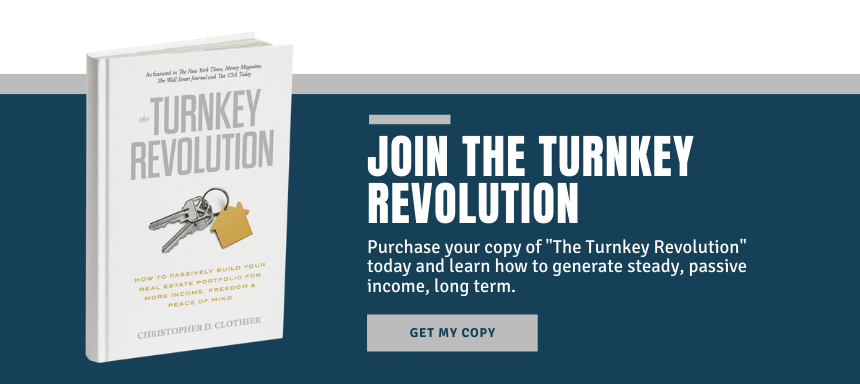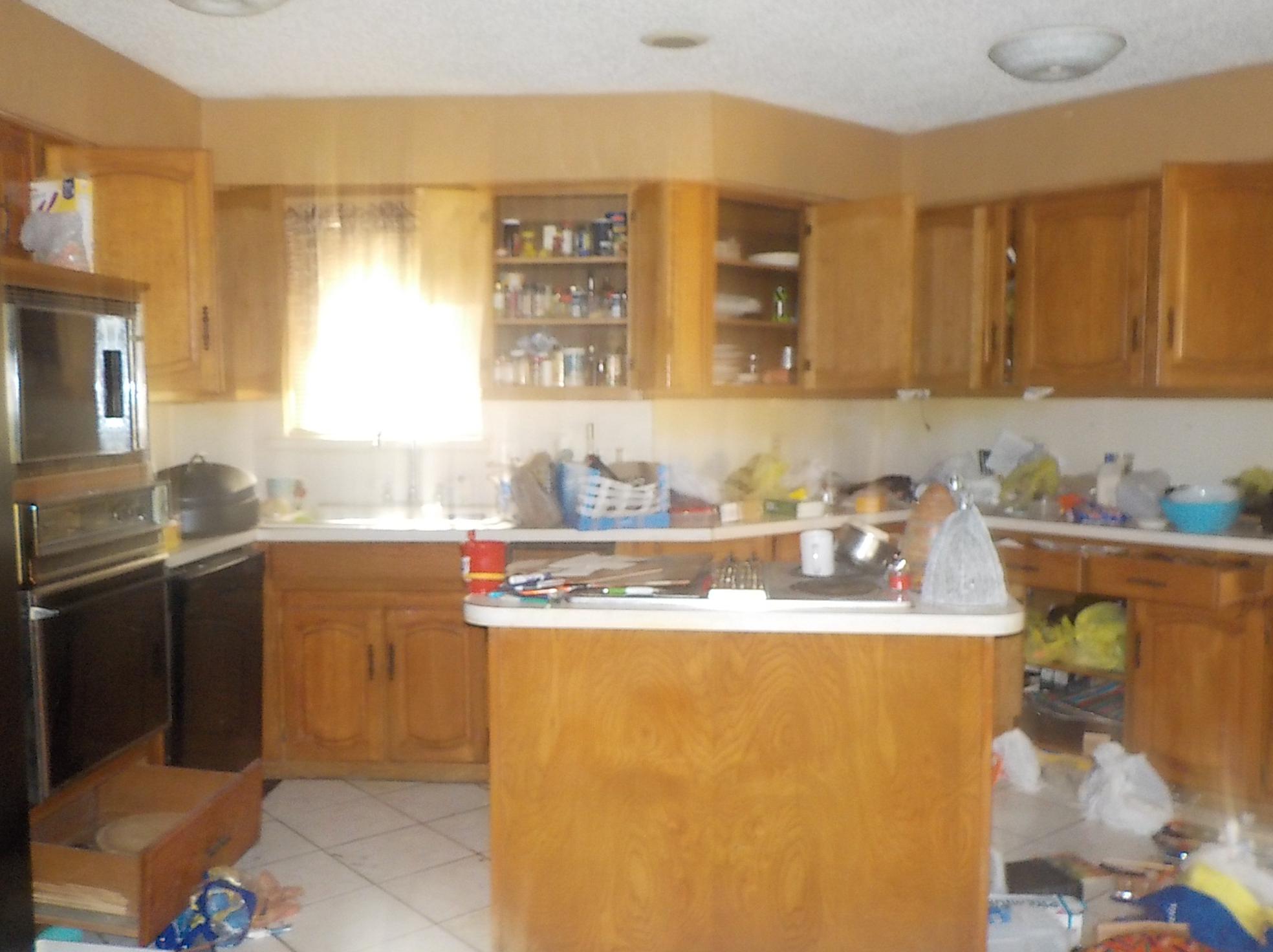 In the U.S., the attitude towards renting versus homeownership has been changing for years now. With this year’s tax reform shifting and reducing some of the benefits of owning a home, we’re seeing more and more change in the narrative around purchasing a home versus renting debate. And everything points to good news for real estate investors.
In the U.S., the attitude towards renting versus homeownership has been changing for years now. With this year’s tax reform shifting and reducing some of the benefits of owning a home, we’re seeing more and more change in the narrative around purchasing a home versus renting debate. And everything points to good news for real estate investors.
Historically, owning a home was a crucial part of the American dream. As a mark of success, you hadn’t “made it” until you owned a home. Even recently, homeownership was still a goal, and the only reason the real estate market was lagging was due to financial woes in other areas that caused first-time homebuyers to put off their home purchases.
Renting, by and large, has been seen as an inferior option, often touted as simply throwing one’s money away year after year, versus actually investing in a long-term asset.
But we’re seeing the conversation change.
What's Being Said About Buying VS Renting
We’re seeing the freedom and flexibility of renting.
Traditional wisdom tells us not to buy a home unless we plan to live somewhere for five years or more. Renters are understanding more and more the commitment of buying a home and how it can affect their lifestyle. Today, people are less inclined to commit to careers for 20 or 30 years, are more likely to work from home, and value mobility and flexibility. People now are more mobile than ever and actively choose to rent because it fits their lifestyle.
When we look at modern millennials (who are now in their 20’s and mid-30’s) we see people who are highly connected, community-minded, and...not all that interested in buying a home, even if they were able to save for the down payment.
Related Article: 3 Ways Shifting Renter Demographics Affect Real Estate Investors
We are realizing how costly homeownership really is.
Over the past several months, Forbes has published several articles on the shifting opinions on renting and homeownership in the country. In one such article, it points out just how costly homeownership really is in a variety of ways. Typically, most Americans have only considered the mortgage payment and compared it to their rent payment when comparing what it costs to be a homeowner versus being a renter.
But as the article points out, this is not an apples-to-apples comparison.
Homeowners have to worry about many one-time costs like closing fees, Realtor fees, mortgage origination fees, and lawyers' fees, on top of costs like buying new furniture, moving, and purchasing equipment associated with homeownership, like lawnmowers.
Then there’s the ongoing costs: property taxes, mortgage interest payments, utilities, homeowner’s insurance, homeowner’s association fees, and more.
While many are quick to argue that a rent payment is flushing money down the toilet, the costs associated with buying, owning, and selling a personal residence are high for most Americans today.
When you take into account the increasingly transient lifestyle of modern families and the uncertainty on the return on investment in owning a home, choosing to buy over renting for its own sake just doesn’t make sense to an increasing percentage of the population. There are far better investments to make than a personal home.
The Renter Explosion in Memphis
The rise of the renter is not just in debate or in public sentiment. It’s very tangible. In the United States between 2006 and 2016, the number of people renting versus owning increased by 5% nationwide. In 97 of the 100 largest cities in the country, rentership beat homeownership.
But for us, something that stands out is the increase of renters in Memphis. While Memphis is by no means an unaffordable market—in fact, it stands out as one of the more affordable housing markets in the nation, both in terms of homeownership and renting—the number of renters grew by 11% between 2006 and 2016. This means that in 2016, 56.6% of Memphians were renters according to estimates by the U.S. Census. With a median rent of $835, Memphis isn’t just affordable, it is the most affordable market among 50 largest U.S. metropolitan areas.
What it Means for Real Estate Investors
While dwindling homeownership can seem bleak in some respects, for real estate investors, it is a marvelous opportunity. Even for renters who may be thinking of homeownership, real estate investing provides an opportunity to own property and have an actual, tangible return on investments without hinging only on appreciation. They can have cash flow.
For real estate investors, the rise of a more permanent rental culture means this: opportunity. Opportunity and permanency. While once some investors fretted that their opportunities would disappear with a recovering market, we’re seeing now that with favor swinging towards rentals—and single-family rentals at that—there will be investment opportunities regardless of the twists and turns of the real estate market at large.
Not sure where to start? It's all here.












